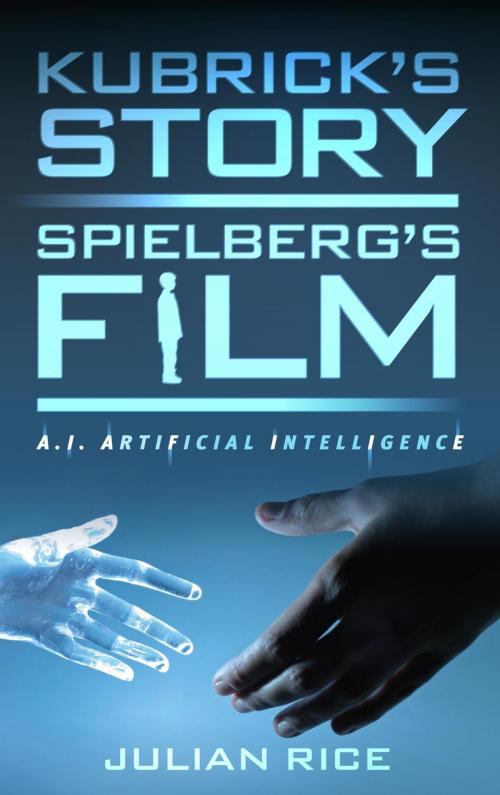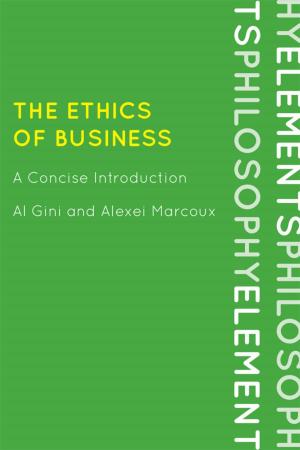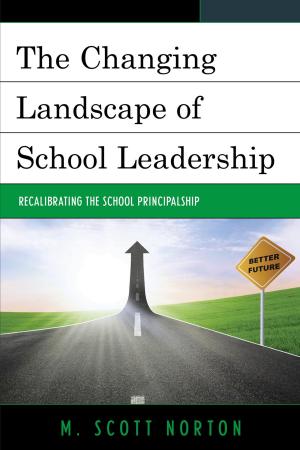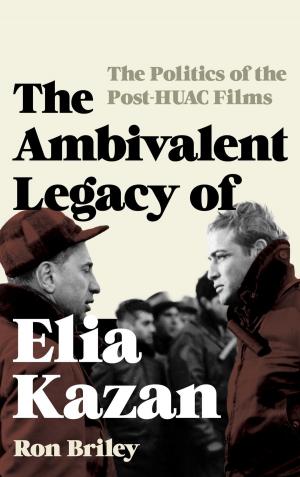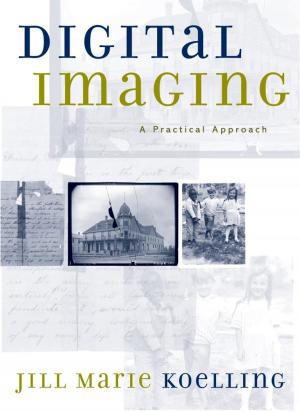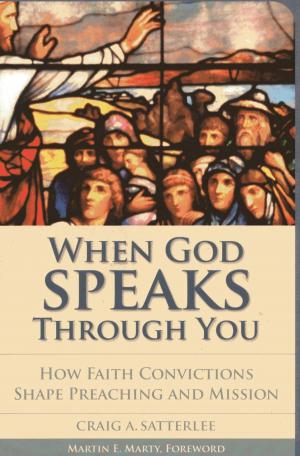Kubrick's Story, Spielberg's Film
A.I. Artificial Intelligence
Nonfiction, Entertainment, Film, History & Criticism, Performing Arts| Author: | Julian Rice | ISBN: | 9781442278196 |
| Publisher: | Rowman & Littlefield Publishers | Publication: | June 16, 2017 |
| Imprint: | Rowman & Littlefield Publishers | Language: | English |
| Author: | Julian Rice |
| ISBN: | 9781442278196 |
| Publisher: | Rowman & Littlefield Publishers |
| Publication: | June 16, 2017 |
| Imprint: | Rowman & Littlefield Publishers |
| Language: | English |
In 1963 Stanley Kubrick declared, “Dr. Strangelove came from my desire to do something about the nuclear nightmare.” Thirty years later, he was preparing to film another story about the human impulse for self-destruction. Unfortunately, the director passed away in 1999, before his project could be fully realized. However, fellow visionary Steven Spielberg took on the venture, and A.I. Artificial Intelligence debuted in theaters two years after Kubrick’s death. While Kubrick’s concept shares similarities with the finished film, there are significant differences between his screenplay and Spielberg's production.
In Kubrick’s Story, Spielberg’s Film: A.I. Artificial Intelligence*,* Julian Rice examines the intellectual sources and cinematic processes that expressed the extraordinary ideas of one great artist through the distinctive vision of another. A.I. is decidedly a Kubrick film in its concern for the future of the world, and it is both a Kubrick and a Spielberg film in the alienation of its central character. However, Spielberg’s alienated characters evolve through friendships, while Kubrick’s protagonists are markedly alone. Rice explores how the directors’ disparate sensibilities aligned and where they diverged.
By analyzing Kubrick’s treatment and Spielberg’s finished film, Rice compares the imaginations of two gifted but very different filmmakers and draws conclusions about their unique conceptions. Kubrick’s Story, Spielberg’s Film is a fascinating look into the creative process of two of cinema’s most profound auteurs and will appeal to scholars of film as well as to fans of both directors.
In 1963 Stanley Kubrick declared, “Dr. Strangelove came from my desire to do something about the nuclear nightmare.” Thirty years later, he was preparing to film another story about the human impulse for self-destruction. Unfortunately, the director passed away in 1999, before his project could be fully realized. However, fellow visionary Steven Spielberg took on the venture, and A.I. Artificial Intelligence debuted in theaters two years after Kubrick’s death. While Kubrick’s concept shares similarities with the finished film, there are significant differences between his screenplay and Spielberg's production.
In Kubrick’s Story, Spielberg’s Film: A.I. Artificial Intelligence*,* Julian Rice examines the intellectual sources and cinematic processes that expressed the extraordinary ideas of one great artist through the distinctive vision of another. A.I. is decidedly a Kubrick film in its concern for the future of the world, and it is both a Kubrick and a Spielberg film in the alienation of its central character. However, Spielberg’s alienated characters evolve through friendships, while Kubrick’s protagonists are markedly alone. Rice explores how the directors’ disparate sensibilities aligned and where they diverged.
By analyzing Kubrick’s treatment and Spielberg’s finished film, Rice compares the imaginations of two gifted but very different filmmakers and draws conclusions about their unique conceptions. Kubrick’s Story, Spielberg’s Film is a fascinating look into the creative process of two of cinema’s most profound auteurs and will appeal to scholars of film as well as to fans of both directors.
